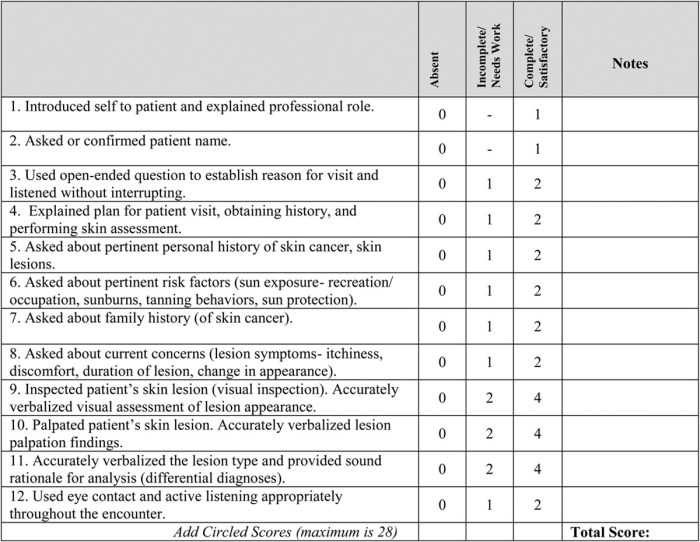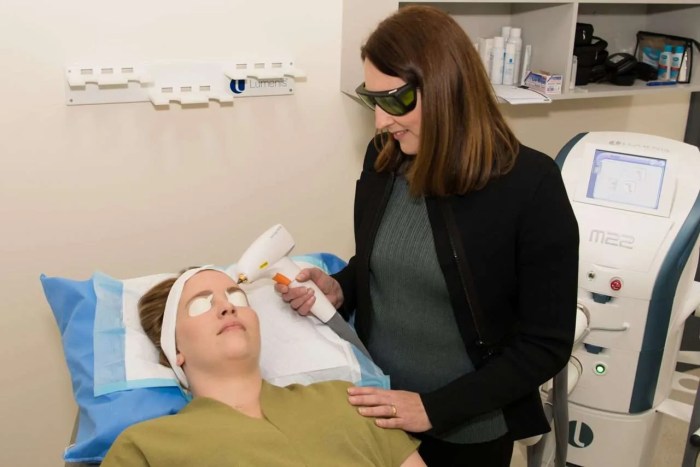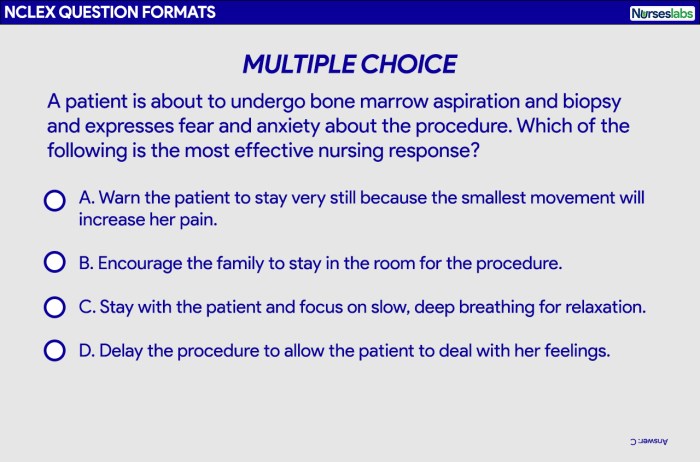Embark on an enlightening journey with the RN Learning System Medical-Surgical Dermatological Practice Quiz, a meticulously crafted resource designed to enhance your knowledge and skills in this specialized field. Immerse yourself in a comprehensive exploration of medical-surgical dermatology, unlocking its significance, scope, and intricacies.
Our interactive learning system empowers you with the tools and insights necessary to excel in medical-surgical dermatological practice. Discover the essential components, best practices, and effective implementation strategies that will elevate your patient care delivery.
Medical-Surgical Dermatology Overview: Rn Learning System Medical-surgical Dermatological Practice Quiz

Medical-surgical dermatology is a specialized field that combines medical and surgical approaches to diagnose and treat skin conditions. It plays a crucial role in providing comprehensive patient care, encompassing both non-invasive and invasive procedures to address a wide range of skin disorders.
Medical-surgical dermatologists are trained to diagnose and manage skin conditions that require both medical and surgical intervention. They have expertise in skin cancer detection, treatment, and reconstruction, as well as the management of inflammatory skin diseases, infections, and cosmetic concerns.
Common Medical-Surgical Dermatological Procedures, Rn learning system medical-surgical dermatological practice quiz
- Biopsy: Removal of a small sample of skin for microscopic examination to determine the underlying cause of a skin condition.
- Excision: Surgical removal of skin lesions, such as cysts, tumors, or moles.
- Laser therapy: Use of lasers to treat skin conditions such as acne, vascular lesions, and hair removal.
- Cryotherapy: Freezing of skin lesions to destroy abnormal tissue, commonly used for warts and pre-cancerous growths.
- Mohs micrographic surgery: A specialized technique used to remove skin cancer by precisely mapping and removing affected tissue.
RN Learning System for Medical-Surgical Dermatology
An RN learning system for medical-surgical dermatology provides a structured approach for nurses to acquire and enhance their knowledge and skills in this specialized field. It offers a comprehensive curriculum, interactive learning modules, and clinical simulations to equip nurses with the necessary competencies.
Key components of an effective RN learning system include:
- Evidence-based content: The learning system should be based on the latest medical and surgical dermatology research and guidelines.
- Interactive learning modules: Engaging and interactive learning modules enhance understanding and retention of complex concepts.
- Clinical simulations: Simulated clinical scenarios allow nurses to apply their knowledge and skills in a safe and controlled environment.
- Case studies: Real-world case studies provide insights into the decision-making process and management of medical-surgical dermatological conditions.
- Assessment tools: Quizzes and exams evaluate nurses’ progress and identify areas for improvement.
Practice Quiz for Medical-Surgical Dermatology

Question 1: Which of the following is NOT a common medical-surgical dermatological procedure?
- (A) Biopsy
- (B) Radiation therapy
- (C) Excision
- (D) Cryotherapy
Answer: (B) Radiation therapy
Rationale: Radiation therapy is typically not performed by medical-surgical dermatologists and is primarily used in the treatment of certain types of skin cancer.
Question 2: Which of the following is a key component of an effective RN learning system for medical-surgical dermatology?
- (A) Evidence-based content
- (B) Clinical simulations
- (C) Case studies
- (D) All of the above
Answer: (D) All of the above
Rationale: All of the listed components are essential for a comprehensive and effective RN learning system in medical-surgical dermatology.
Case Studies and Examples

Case Study: A 65-year-old male presents with a raised, pigmented lesion on his cheek that has been growing slowly over the past year. The lesion is firm and has irregular borders. A biopsy reveals basal cell carcinoma.
Decision-Making Process: The patient is diagnosed with basal cell carcinoma, a common type of skin cancer. The treatment options include surgical excision, Mohs micrographic surgery, or radiation therapy. The patient opts for Mohs micrographic surgery, which allows for precise removal of the cancer while preserving healthy tissue.
Outcome: The Mohs micrographic surgery is successful in removing the basal cell carcinoma. The patient’s wound heals well with minimal scarring.
Interdisciplinary Collaboration

Medical-surgical dermatology requires effective collaboration among healthcare professionals from various disciplines to provide comprehensive patient care. Physicians, nurses, pharmacists, and other healthcare providers work together to diagnose, treat, and manage skin conditions.
Nurses play a vital role in:
- Providing patient education and support
- Monitoring treatment progress
- Coordinating interdisciplinary care
- Ensuring continuity of care
Patient Education and Support
RNs play a crucial role in providing patient education and support in medical-surgical dermatology. They educate patients about their condition, treatment plan, and self-care measures.
Effective communication strategies include:
- Using clear and understandable language
- Tailoring information to the patient’s individual needs
- Providing written materials and resources
- Answering patients’ questions and concerns
Essential Questionnaire
What is the primary objective of the RN Learning System Medical-Surgical Dermatological Practice Quiz?
To assess RNs’ knowledge and proficiency in the field of medical-surgical dermatology, covering various aspects such as diagnosis, treatment, and patient care.
How can I effectively utilize the RN Learning System for my professional development?
By implementing best practices for implementation and utilization, including regular practice, seeking feedback, and integrating the learning system into your daily workflow.
What are the key benefits of interdisciplinary collaboration in medical-surgical dermatology?
Improved patient outcomes, enhanced communication, reduced errors, and a more comprehensive approach to patient care.